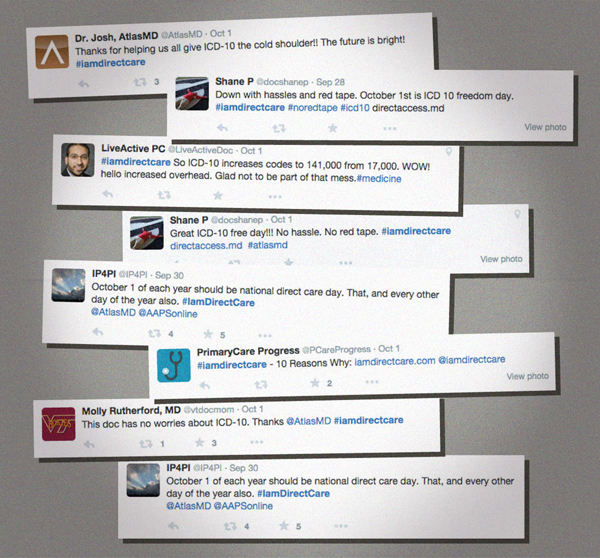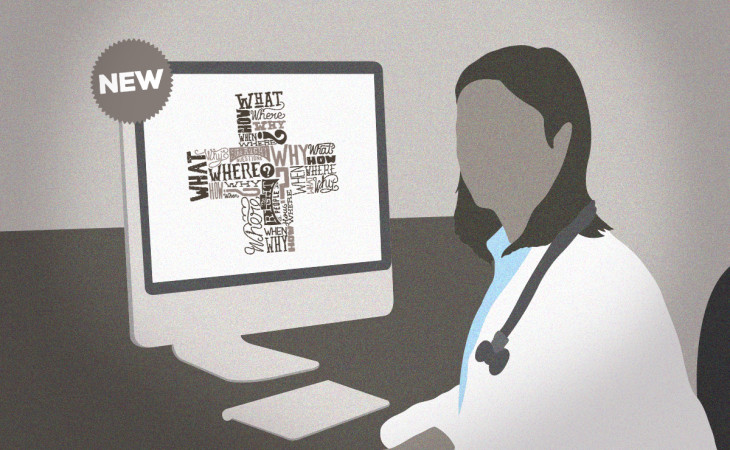Who says DPC doesn’t work with specialties?
Making the switch from practicing invasive cardiology in a traditional healthcare setting to practicing Direct Primary Care was an easy decision for Dr. Kahn in Detroit. His new world doesn’t involve insurers, ICD-10, or billing fees. But it does involve a whole lot more happiness as of October 1! But let’s take a quick look at his “before:”
Generally, I was seeing more complex cases of heart disease compounded by obesity, metabolic disorders, and poor lifestyle. Trying to manage or at least give advice to patients was getting more complex and time consuming. In addition, the advent of advanced labs with inflammatory, oxidative, and genetic markers was taking more time to analyze and offer advice. Phone calls for pre-authorization first for invasive procedures, then for nuclear procedures, and now for just echocardiograms waste more and more time during the day. They say that if you love what you do, you will never work a day in your life. I was finding that what I was doing was starting to feel suspiciously like work.
He describes his activity with some of his patients as “the four minute smile” because he had to dart in and out of appointments that quickly just to stay on time. Unfulfilled and well, rushed, Dr. Kahn knew there had to be a better way. But he didn’t want to just follow suit of others around him who had thrown in the towel on medicine. Instead, he created his own solution and in turn his own opportunities.
So what does his “after” look like? We can’t wait to find out, but we imagine he won’t be sorry to leave “the four minute smile” in the dust.






